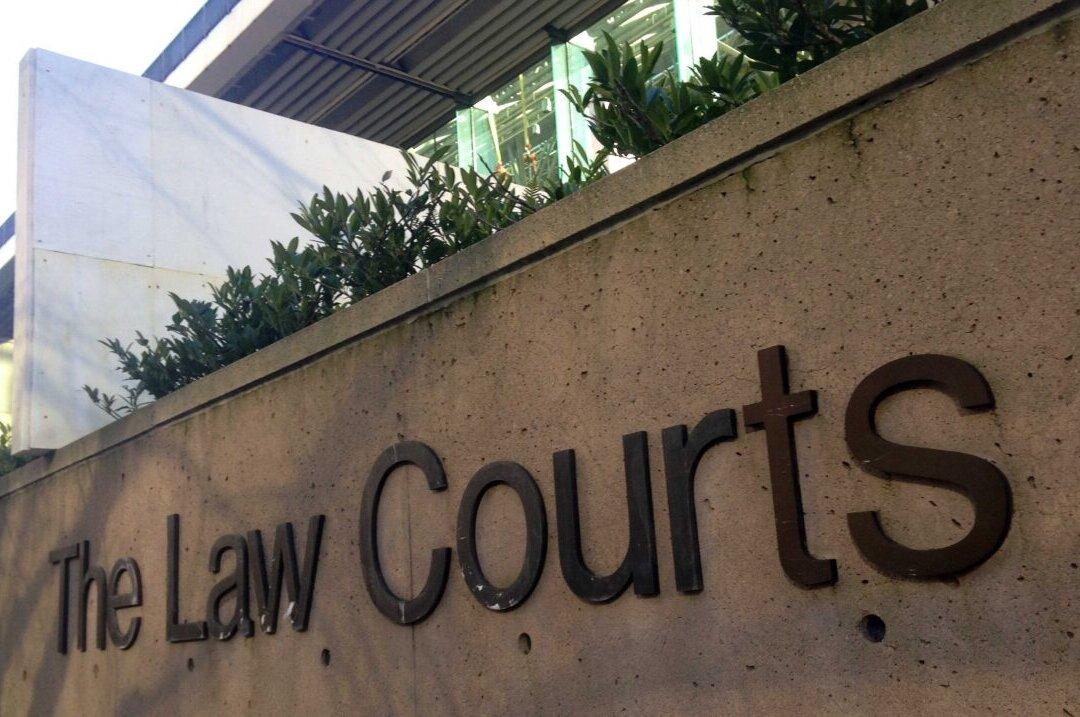A proposed class action lawsuit filed in B.C. Supreme Court this week claims both the provincial and federal governments are liable for the addictions and, in one case, the death of adolescents gaining access to diverted safer supply drugs.
The civil class action claim was filed by family members on behalf of two teenage girls whose struggles with drugs has left one in treatment and the other dead of an overdose, according to Global News.





